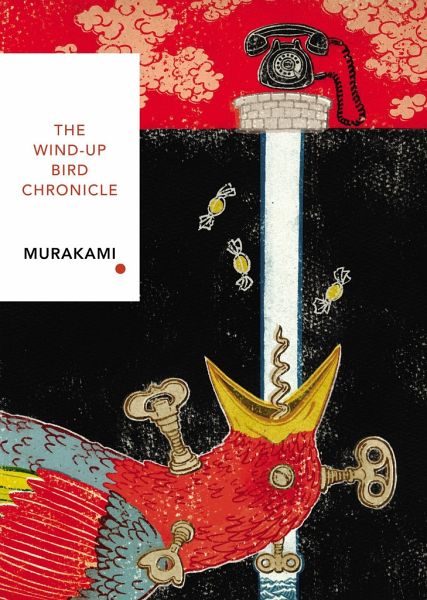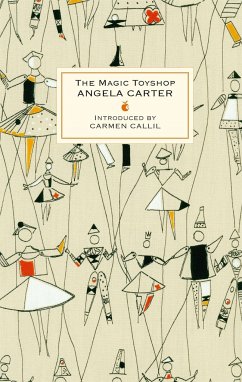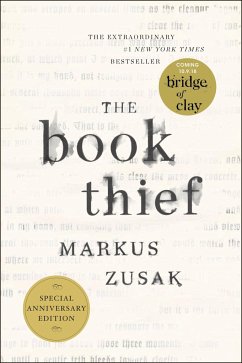
The Wind-Up Bird Chronicle
Vintage Classics Japanese Series
Übersetzer: Rubin, Jay
Versandkostenfrei!
Sofort lieferbar
11,89 €
inkl. MwSt.
Weitere Ausgaben:

PAYBACK Punkte
6 °P sammeln!
Enter the surreal and enchanting world of Haruki Murakami.Toru Okada's cat has disappeared.His wife is growing more distant every day.Then there are the increasingly explicit telephone calls he has recently been receiving.As this compelling story unfolds, the tidy suburban realities of Okada's vague and blameless life, spent cooking, reading, listening to jazz and opera and drinking beer at the kitchen table, are turned inside out. He embarks on a bizarre journey, guided by a succession of characters, each with a tale to tell.'Mesmerising, surreal, this really is the work of a true original' T...
Enter the surreal and enchanting world of Haruki Murakami.
Toru Okada's cat has disappeared.
His wife is growing more distant every day.
Then there are the increasingly explicit telephone calls he has recently been receiving.
As this compelling story unfolds, the tidy suburban realities of Okada's vague and blameless life, spent cooking, reading, listening to jazz and opera and drinking beer at the kitchen table, are turned inside out. He embarks on a bizarre journey, guided by a succession of characters, each with a tale to tell.
'Mesmerising, surreal, this really is the work of a true original' The Times
VINTAGE JAPANESE CLASSICS series - five masterpieces of Japanese fiction in gorgeous new gift editions.
Toru Okada's cat has disappeared.
His wife is growing more distant every day.
Then there are the increasingly explicit telephone calls he has recently been receiving.
As this compelling story unfolds, the tidy suburban realities of Okada's vague and blameless life, spent cooking, reading, listening to jazz and opera and drinking beer at the kitchen table, are turned inside out. He embarks on a bizarre journey, guided by a succession of characters, each with a tale to tell.
'Mesmerising, surreal, this really is the work of a true original' The Times
VINTAGE JAPANESE CLASSICS series - five masterpieces of Japanese fiction in gorgeous new gift editions.


















